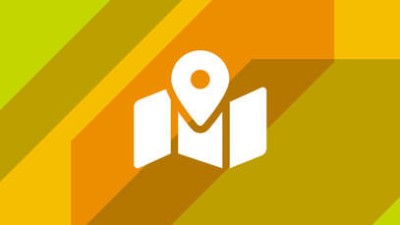Post-Graduation Salary and Career Info
Imaging Science MS
At RIT, you don’t just graduate with a degree, you graduate with the skills and hands-on experience to thrive in your chosen career.
Student Outcomes
100%
Outcomes Rate for Imaging Science MS
Total percentage of graduates who have entered the workforce, enrolled in full-time graduate study, or are pursuing alternative plans (military service, volunteering, etc.).
83.30%
Knowledge Rate
Total percentage of graduates for whom RIT has verifiable data, compared to national average knowledge rate of 41% per NACE.
| Outcome | % of Students |
|---|---|
| Employed | 60.00% |
| Full-time Graduate Study | 20.00% |
| Alternative Plans | 20.00% |
Salary data from alumni earning this degree is being gathered.
Career Services Contact

Jim Bondi





